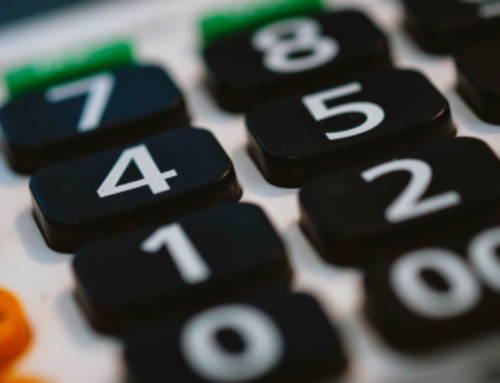Financially and otherwise, the deck tends to be stacked against women.
The wage gap, which stood at 20% in 2017, is the most blatant example of that. If current trends continue, that gap is unlikely to close in the U.S. for another 40 years, according to an analysis by the Institute for Women’s Policy Research.
While they wait, women might aim to close a gap over which they have more direct control: the investing gap. When compared with men, women are much less likely to invest their savings — and we miss out on significant wealth as a result. In a recent survey from Fidelity Investments, only 29% of women said they see themselves as investors. That needs to change.
Women are natural investors; many just don’t realize it
Women tend to lack confidence when it comes to investing. Annamaria Lusardi, a financial literacy expert and economist at the George Washington School of Business, says this frequently shows up in her research.
“When I ask people to self-assess their economic knowledge on a scale of one to seven, women are less likely than men to pick high numbers, in particular the highest,” Lusardi says.
In her research, women are not only more likely to answer financial literacy questions incorrectly, but they also disproportionately answer those questions with “I do not know.”
But perhaps there’s money to be made by knowing what you don’t know: Women are actually good at investing; better, arguably, than men. A separate Fidelity Investments analysis of client accounts published in 2017 found that on average, women outperformed men by 0.4%. In the U.K., a behavioral economist at the Warwick Business School found an even larger advantage, with women outperforming men by 1.8%.
Research shows one reason for men’s underperformance is actually overconfidence — they tend to trade investments more frequently and make riskier decisions. Women, on the other hand, tend to seek out financial advice and invest for the long term, trading less frequently as a result.
Read more at Ladders




